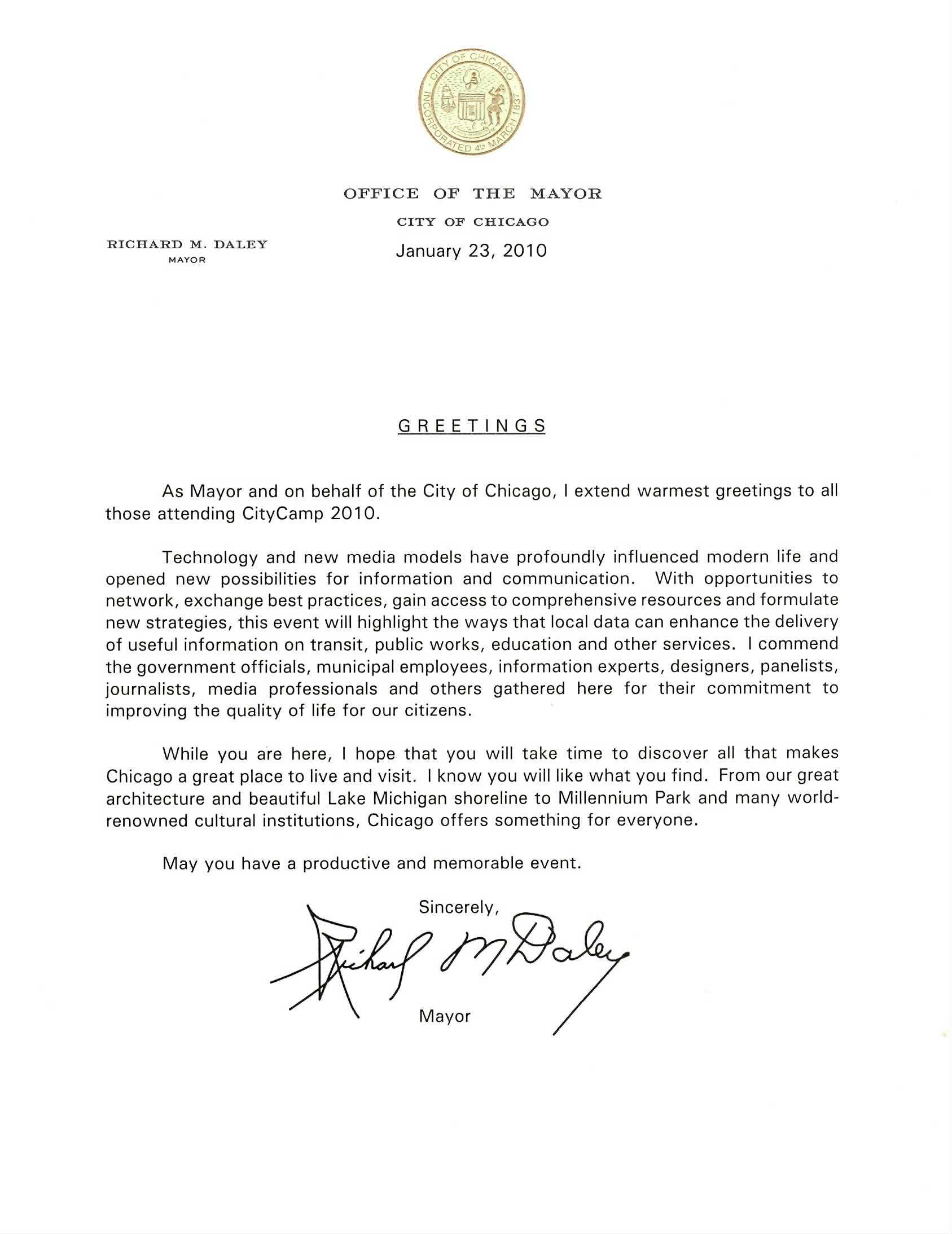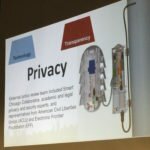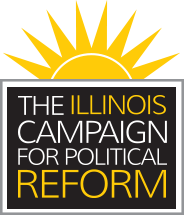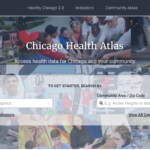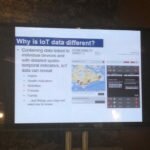For the next few Tuesdays, we are excerpting sections from Beyond Transparency: Open Data and the Future of Civic Innovation“, an anthology edited by Brett Goldstein with Lauren Dyson and published by Code for America.
I wrote a chapter titled, “Building a Smarter Chicago“, which I call “an illustrative, incomplete, and idiosyncratic look at the ecosystem in Chicago. It is meant to provide a thumbnail take on how the ecosystem developed here, while sparking fires elsewhere”. Here’s the second section, which covers the movement toward policy:
Policy: Enlightened Self-Interest Meets the Movement
As a co-founder of EveryBlock, I spent four years (2007 to 2011) working with sixteen municipalities on publishing data. I saw some fundamental patterns of open data policy development that held true here in Chicago.
First off, I can’t emphasize the power of examples enough. In December 2007, I was part of a meeting of open data advocates in Sebastopol, California. The mission was “to develop a more robust understanding of why open government data is essential to democracy.”
The output was the “8 Principles of Open Government Data” (Open Government Working Group, 2007). This simple document was a powerful, unimpeachable tool that I used every time I worked with government. It made a significant difference because it gave government-based open data advocates something to point to when they were in their internal meetings. This support of isolated pockets of policymakers was one important pattern I saw here in Chicago as well. Building relationships with public, sharable resources, like the “8 Principles,” allowed for shared trust and shared work. This pattern of template sharing is something that works.
There were nascent open data plans and products in the Daley administration, including Chicago Works For You, a project I worked on as a consultant for the City in 2005. Micah Sifry discussed this project in a 2009 article titled “A See-Through Society”:
People are eager for access to information, and public officials who try to stand in the way will discover that the internet responds to information suppression by routing around the problem. Consider the story of a site you’ve never seen, ChicagoWorksForYou.com. In June 2005, a team of Web developers working for the City of Chicago began developing a site that would take the fifty-five different kinds of service requests that flow into the city’s 311 database—items like pothole repairs, tree-trimming, garbage-can placement, building permits, and restaurant inspections—and enable users to search by address and “map what’s happening in your neighborhood.” The idea was to showcase city services at the local level. (Sifry, 2009)
Early failures often lead the way to the next policy win—that’s another pattern.
Hot topics that receive public attention are fecund areas for open data policy. In Chicago, Tax Increment Financing is a big topic, mainly because it has been an opaque financial instrument, handling huge amounts of money with very little public information about how the system works.
It’s no accident that a number of Aldermen sponsored the TIF Sunshine Ordinance in 2009 (Brooks & O’Neil, 2009). Pressure and heat get results.
The last pattern has perhaps led to the most good: when the chief executive of a unit of government wants to make a big push. Mayor Michael Bloomberg of New York won an unusual third term at the same time he pushed for BigApps; San Francisco Mayor Gavin Newsom was planning a run for governor at the same time he worked to open DataSF; and our own Mayor Rahm Emanuel embraced open data when he made a move from the White House to Chicago City Hall.
This is the pattern of powerful, enlightened elected officials in the executive branch deciding that open data is good policy. They back this up by empowering people, like former Chicago CIO Brett Goldstein and CTO John Tolva, to develop and implement that policy.
It’s the unique and aggressive policy of publishing data that has brought the movement further here in Chicago.
